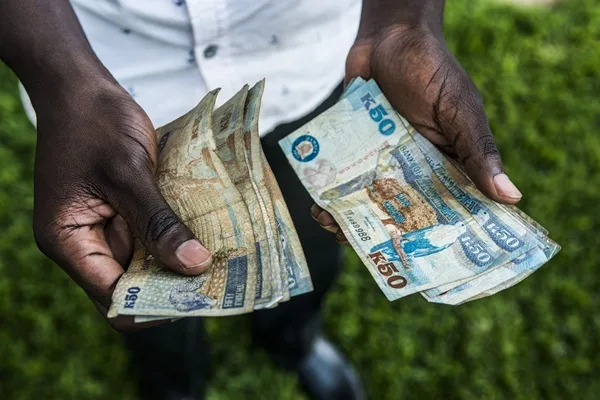Zambia Reaches New EuroBond Restructuring Deal
On 25 March 2024, Zambian President Hakainde Hichilema announced that his government has reached a new restructuring deal with a group of private #EuroBond holders. The deal was concluded on a tranche of USD 3.5 billion in debt under the #G20 Common Framework (#GCF). The GCF is a larger grouping of creditors from developed nations, known as the Paris Club, along with other big lenders such as China.
This agreement follows the agreement in principle with bondholders back in November 2023. At that time, the amount under discussion was USD 6.3 billion. Compared to the preliminary accord, a few modifications have been made.
In particular, the debt level was estimated at USD 3.98 billion due to accumulated interest due to non-payment of the bond obligations. In the new deal, the nominal value of the bonds has been adjusted from USD 3.135 billion to USD 3.05 billion.
The group of private creditors include Amia Capital, Amundi, Farallon, Greylock Capital Management, and Blue Bay Asset Management. An IMF spokesperson responded by email that the “agreement is consistent with the parameters of the IMF program.”
In addition, the bondholders have agreed to reduce the debt load from 840 million to USD 700 million. This latest deal involves swapping three instruments into two amortizing bonds, one of which could deliver higher repayments as the economic outlook and debt burden of the country improve. Zambia underlined that the terms of the restructuring deal are in adequation with the ‘comparability of treatment’ between public and private creditors.
During the COVID pandemic, Zambian declared a default on its #EuroBond payments in February 2021. At that time, the external debt of Zambia was estimated at USD 13 billion. Since then, negotiations have been ongoing and little progress was made until October 2023 when a first restructuring deal was reached for a first tranche of USD 6.4 billion.
Zambia is the first African country to undergo restructuring under the GCF. It acted as a test case and could serve as a template for other African countries in financial difficulty.

